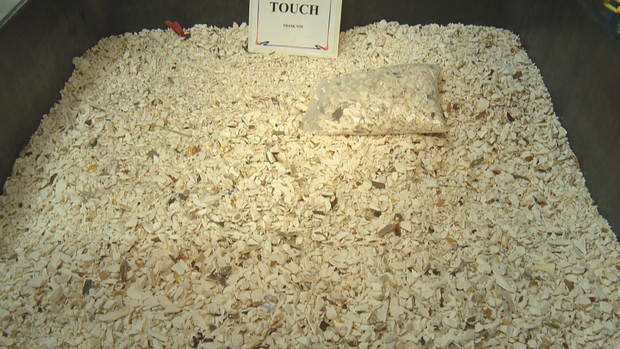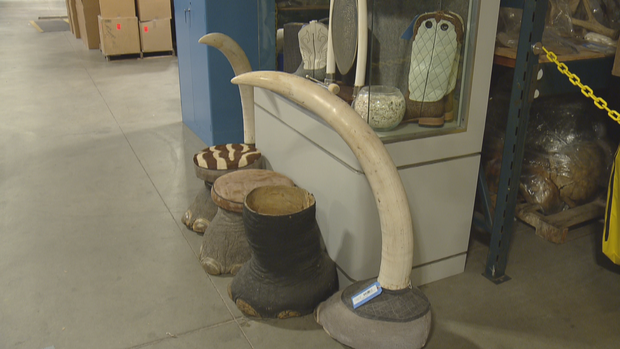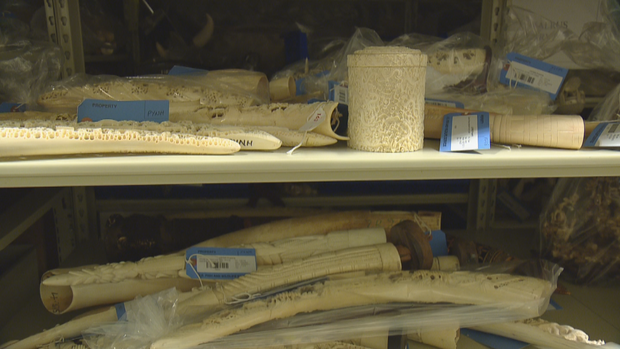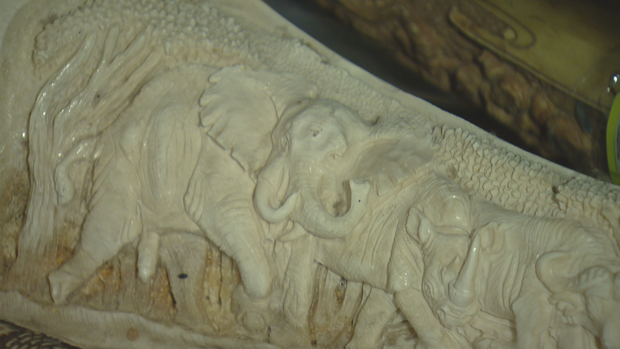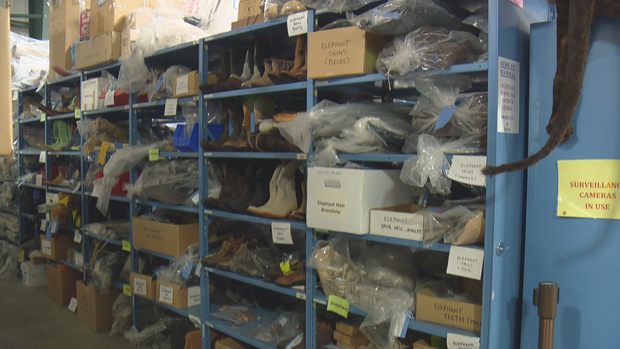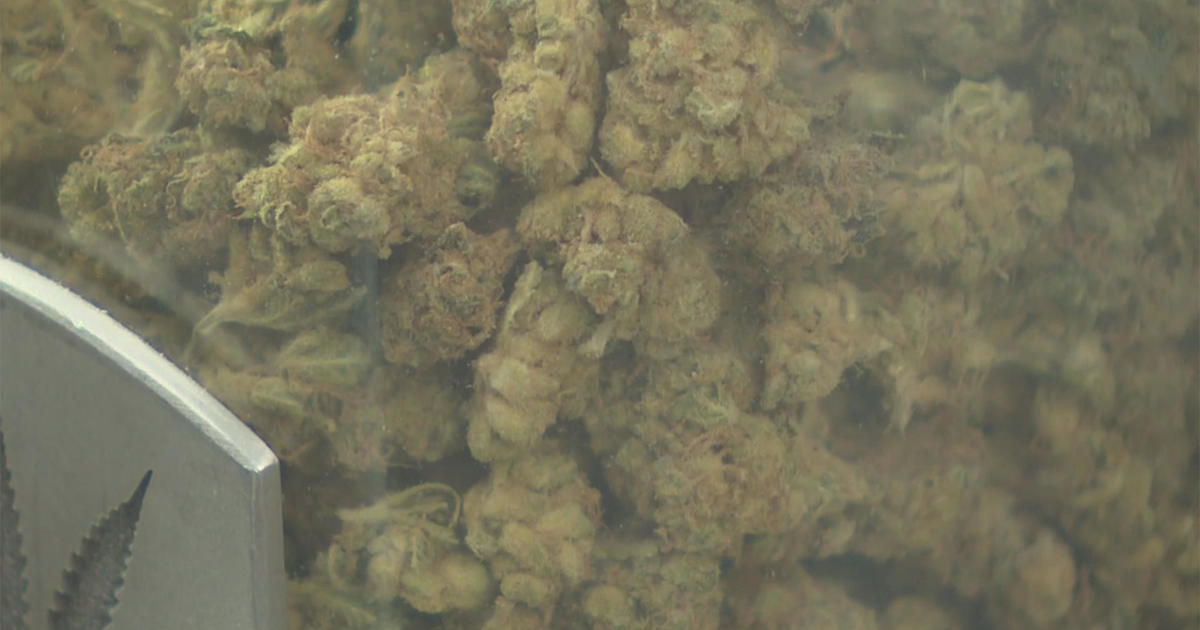Ivory Ban Reversal Causes Concern For Increase In Trophy Hunting
NEAR DENVER, Colo. (CBS4) – The National Wildlife Property Repository near Denver has collected more than a million items made up from animals unlawfully traded and acquired by U.S. special agents and inspectors.
The U.S. is lifting restrictions on hunters wanting to import African elephant trophies from Zambia and Zimbabwe. Trophies are often a part of the animal kept after killing it for sport.
Wildlife advocates say they are concerned.
"What I'm very worried about is the domino effect that will occur as a result of lifting this ban," said Prashant Khetan, CEO of Born Free USA.
"Legal, well-regulated sport hunting as part of a sound management program can benefit certain species by providing incentives to local communities to conserve those species and by putting much-needed revenue back into conservation," said U.S. Fish and Wildlife Service spokesperson.
But wildlife advocates, like Khetan, say the theories used to adapt this policy have been proven false in the past. He argues it will encourage more trophy hunting and cause animals in a family to lose a parent in order for it to be hunted.
"This has really bad ramifications for elephants as a whole," he said.
Khetan says it will not have any impact on the repository, which takes in items from the Office of Law Enforcement based on illegal activity, but he suggests similar policy changes could push U.S. agencies to move in a direction that could ultimately hurt the funding of a facility like the Repository.
Hunting will be allowed for African elephants in Zimbabwe and Zambia because the U.S. Fish and Wildlife Services argues it will enhance the survival of those species in the wild.
"These enhancement findings are required prior to allowing import of these trophies under Endangered Species Act regulations," a statement from the agency said.
The change will apply to elephants hunted in Zimbabwe between now and Dec. 31, 2018. For Zambia, it will be the calendar years of 2017 and 2018.
"This seems like the first in a series of steps that are going to be pro-hunting and anti-conversation," said Khetan.
Any additional changes to policy and its impact on animals like elephants is unclear, but Khetan hopes the attention around the issue will remind the public never to purchase ivory products and think about whether it is right to keep elephants in captivity or leave them in their natural habitat.
"It's our obligation as humans to co-exist with wild animals," he said.
The Repository hosts general public tours to see the remains of ivory in an effort to raise awareness about elephant hunting and the black market for products made out of their tusks.
Shawn Chitnis reports for CBS4 News at 10 on weekends and CBS4 News at 5 p.m. and 6 p.m. throughout the week. Email him story ideas at smchitnis@cbs.com and connect with him on Twitter or Facebook.
